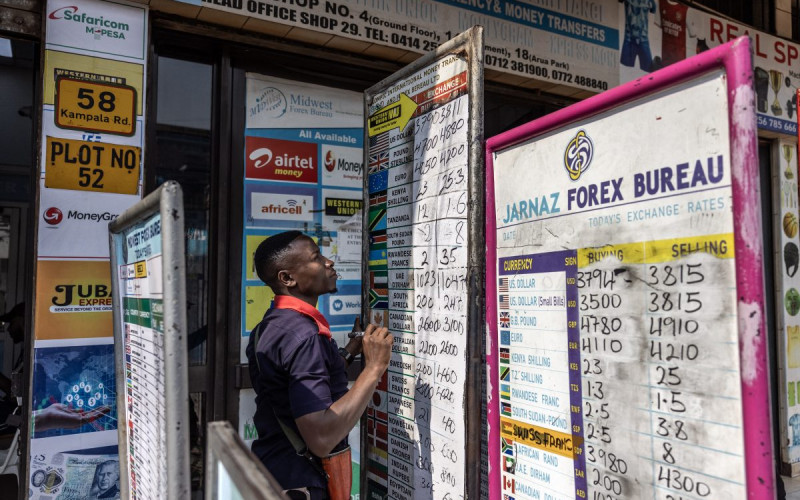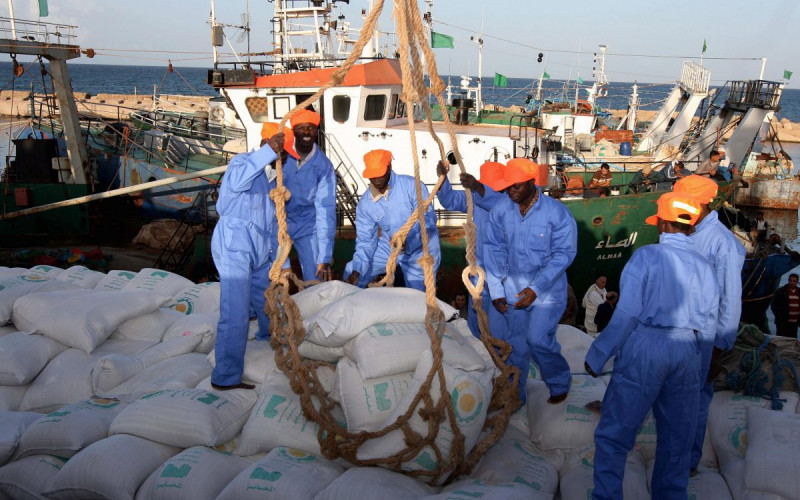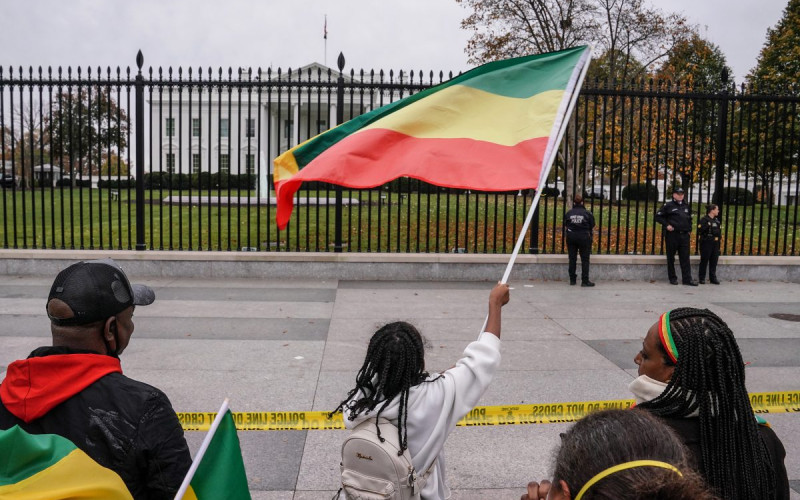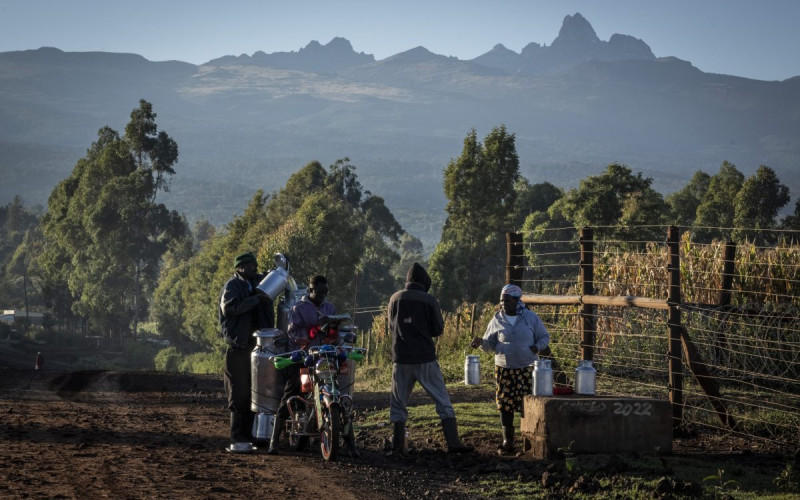Brazilian External Relations Minister Celso Amorim insisted that while Ibsa was the result of a common political position shared between these three leading countries of the south, the trilateral coalition was expected to deliver more in tangible benefits and pragmatic exchanges — ranging from economic transfers to agreements in the areas of information technology, biotechnology, renewable energy and direct transport links.
Economic development and social equity is a theme that has gained impetus among Ibsa members and appears to be the priority of this initiative. United Nations (UN) reform and shared ambition for a permanent seat on an expanded security council initiated the trilateral engagement of India, Brazil and SA.
While multilateral coalition building and political engagement remain core issues, other priorities are edging into a rapidly expanding Ibsa agenda. This may be in response to political manoeuvring and diverging proposals between India, Brazil and the African consensus in the race for a seat on the security council.
During the last Ibsa meeting in SA this year, a business forum was created to accelerate commercial interests and encourage economic development between the three countries. The private sector has also been encouraged to support an Ibsa development fund, dedicated to social upliftment projects in some of the poorest countries in the developing world. The fund’s start-up capital is $1,5m — in equal contributions from India, Brazil and SA — and the projects have the backing of the UN Development Programme. Rich in symbolic support, the fund lacks financial leverage. This, together with operational difficulties in countries such as Guinea Bissau and Laos, has hampered serious progress.
Ibsa’s potential broader contribution toward correcting the skewed results of globalisation and its role in shaping the global agenda was highlighted by Joseph Stiglitz, the Nobel laureate and keynote speaker at the Rio conference. Strongly advocating the new, improved “Ibsa approach” to south-south co-operation, Stiglitz criticised previous coalitions of the south that had for the past 40 years been based on ideological differences and, more recently, “globalisation and its discontents” — offering few solutions and alternatives.
Stiglitz believes Ibsa is different. It is a constructive coalition of the south that is geared toward clear objectives based on modern economics. However, where Stiglitz’s analysis falls short is in his perception of south-south trade and investment. He suggests that developing countries benefit more from trade among themselves than from trade with the developed north, given the recent increase in south-south trade flows.
Indeed, the value of south-south trade in relation to total global trade has increased from just 6,5% in 1991 to 10,7% today. Trilateral trade between India, Brazil and SA has grown 600% in the past 10 years, totalling $3bn last year. But this is off a very low base and is still small when compared with traditional trade partners in Europe, North America and Asia.
The reality is that countries of the south still rely on the purchasing power of the north as a market for their products and services, not to mention the role of foreign investment, which flows almost entirely from north to south.
Ibsa is not an alternative for trade and investment from the north. Instead, it aims to complement current relations between the north and south, and help facilitate north-south and south-south links in general.
Intensifying south-south dialogue through pragmatic exchanges of technology, knowledge and know-how and articulating a new framework for equitable growth and economic inclusion is the “historic opportunity” available to the leaders of Ibsa and the south. For example, co-operative programmes in areas of finance and renewable energy will shift the reliance from traditional creditors and suppliers of energy.
Tangible and commercial exchanges within Ibsa may eventually be realised. But for now, specific areas of co-operation that will help generate effective economic growth and develop social equity will drive the alliance forward.
Ibsa offers a nuanced approach to traditional economic growth and development. It does indeed appear to be a refreshing break from previous coalitions of the south and one that will place the priorities of the south high up on the global agenda.







